
During the Miami Breast Cancer Conference and Educated Patient® Breast Cancer Summit, one expert stressed the importance of genetic testing for BRCA mutations.

A nationally-published, award-winning journalist, Alex Biese joined the CURE team as an assistant managing editor in April 2023. Prior to that, Alex's work was published in outlets including the Chicago Sun-Times, MTV.com, USA TODAY and the Press of Atlantic City. Alex is a member of NLGJA: The Association of LGBTQ+ Journalists, and also performs at the Jersey Shore with the acoustic jam band Somewhat Relative.

During the Miami Breast Cancer Conference and Educated Patient® Breast Cancer Summit, one expert stressed the importance of genetic testing for BRCA mutations.

The director of programs for the Dear Jack Foundation explains issues young patients with cancer may face into adulthood.

Breyanzi has been approved by the FDA for some previously treated patients with CLL or SLL — marking the first CAR-T cell therapy approved for this patient population.

With cybersecurity a pressing concern for patients, CURE® spoke with experts about protective measures they can take to protect themselves online.

A patient with breast cancer shares skills she’s learned from the Look Good Feel Better program at the Miami Breast Cancer Conference and Educated Patient® Breast Cancer Summit.
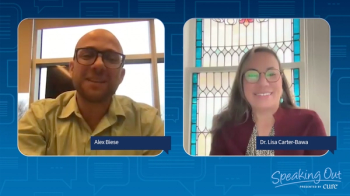
As part of its Speaking Out video series, CURE® spoke with Lisa Carter-Bawa of Hackensack Meridian Health about the role nurses play in helping patients manage treatment side effects.
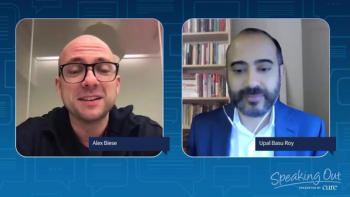
As part of its Speaking Out video series, CURE® spoke with Upal Basu Roy of LUNGevity about recently approved treatments for lung cancer and what is on the horizon.
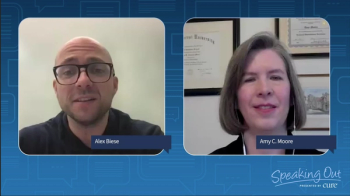
As part of its Speaking Out video series, CURE® spoke with Amy C. Moore of LUNGevity about the chemotherapy shortage and its impact on patients with lung cancer.

As part of its Speaking Out video series, CURE® spoke with Amy C. Moore of Lungevity about advancements in treatments for small cell lung cancer.
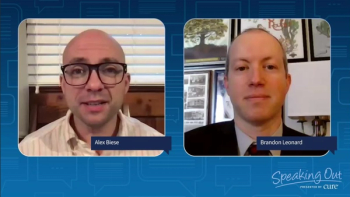
As part of its Speaking Out video series, CURE® spoke with Brandon Leonard of the LUNGevity Foundation about the role legislation can play in a patient’s cancer journey.

With cyberattacks on medical institutions on the rise, CURE® spoke with an online security expert about steps patients should take if they believe their data has been exposed.
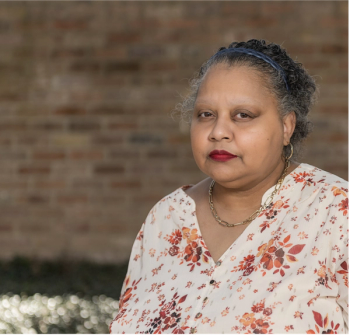
Some patients are forced to deal with “infuriating” attempts at exploitation while navigating their disease.

Artificial intelligence platform ChatGPT is capable of providing “widely understandable and accessible” answers about kidney cancer, but experts express caution.

Last week we saw some FDA approvals come through, as well as research that explored the psychosocial outcomes of individuals who survived pediatric rhabdosarcoma.

The Food and Drug Administration (FDA) has approved Opdivo (nivolumab) in combination with cisplatin and gemcitabine for the first-line treatment of adults with unresectable or metastatic bladder cancer, the agency has announced.

The Food and Drug Administration approved Besponsa for pediatric patients aged 1 and older with relapsed or refractory CD22-positive, B-cell precursor ALL.
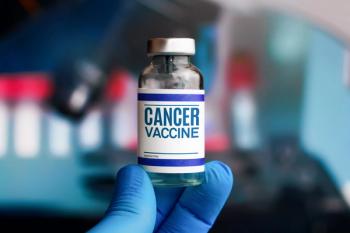
The Food and Drug Administration green lit a first-in-human phase 1 clinical study of Innocell, a vaccine for the treatment of stage 3 and 4 ovarian cancer.
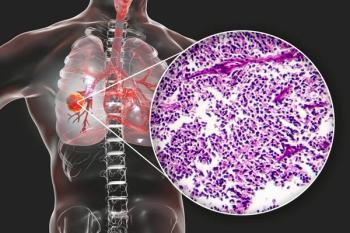
Patients with small cell lung cancer have reasons to be optimistic these days, as one expert explains to CURE.

What advancements for ALK-positive non-small cell lung cancer are on the way, from treating earlier stages of disease to postsurgical options?

In addition to a breakthrough therapy designation for a lung cancer drug, this week we’ll be talking a lot about additional side effects and health conditions that may come with a cancer diagnosis, and how to manage them.

The Food and Drug Administration has accepted a Biologics License Application for Tevimbra with chemotherapy for the first-line treatment of patients with locally advanced unresectable or metastatic gastric or gastroesophageal junction adenocarcinoma.

“The biggest thing that I hate to see happen is that those conversations don't even happen [around cannabis and cancer],” said Dr. Brooke Worster.

Michelle Anderson-Benjamin, who received a diagnosis of metastatic breast cancer in 2022, works as a death doula to provide end-of-life support to patients and their families.

Patients with locally advanced penile squamous cell carcinoma who responded to neoadjuvant chemotherapy followed by consolidative lymphadenectomy experienced improved long-term survival outcomes.
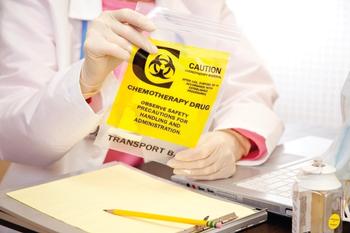
The first patient has been enrolled in a clinical trial evaluating a reduced dose of post-transplant immunosuppressive chemotherapy cyclophosphamide for patients with blood cancers.

February brought in multiple FDA approvals in the oncology space. Here’s an overview of some of the most recent ones.
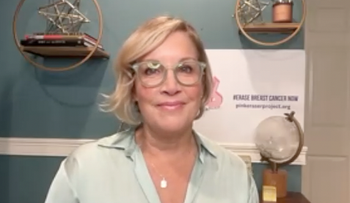
“We've all been touched by breast cancer in some way. And we need everybody to be a part of this solution,” Kristen Dahlgren told CURE, regarding her decision to be a co-founder of the Cancer Vaccine Coalition.

Dr. Murugesan Manoharan of Miami Cancer Institute and Baptist Health South Florida shares key questions patients who have received a diagnosis of bladder cancer should ask their care team.

The Food and Drug Administration has approved a reduced dosing frequency of Tecvayli for patients with relapsed or refractory multiple myeloma who have achieved and maintained a complete response or better for at least six months.

Personalized cancer vaccines are on the horizon and could be available for some patient populations as soon as next year, one expert said.